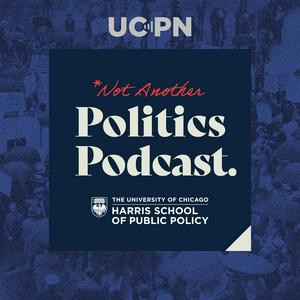In this episode, we speak with Cory Clark, behavioral scientist and Associate Professor of Psychology at New College of Florida. We discuss her paper, “Taboos and Self-Censorship Among U.S. Psychology Professors," which explores how controversial topics in science are perceived, debated, and sometimes suppressed, and the psychological dynamics of taboo beliefs and self-censorship in academia.
Hosted by Simplecast, an AdsWizz company. See pcm.adswizz.com for information about our collection and use of personal data for advertising.


